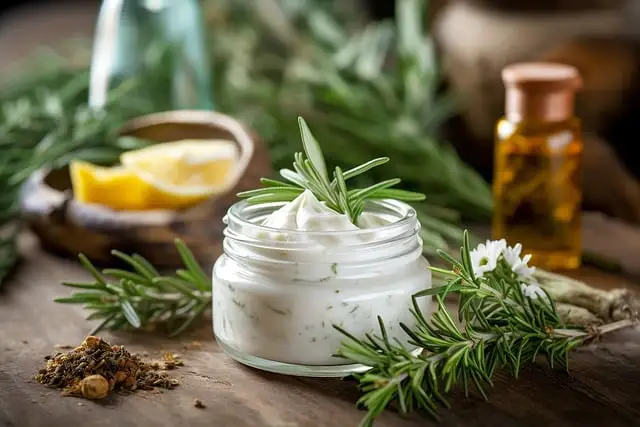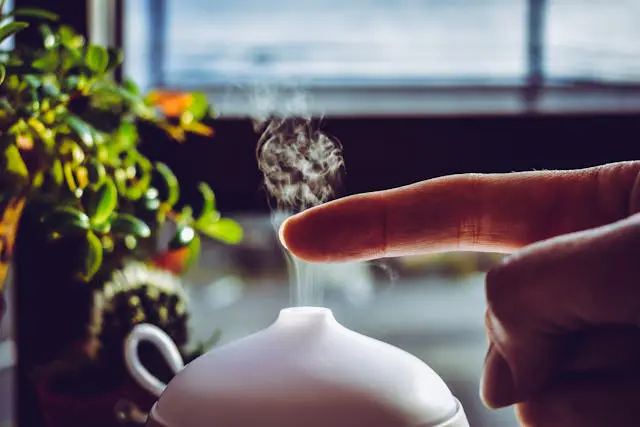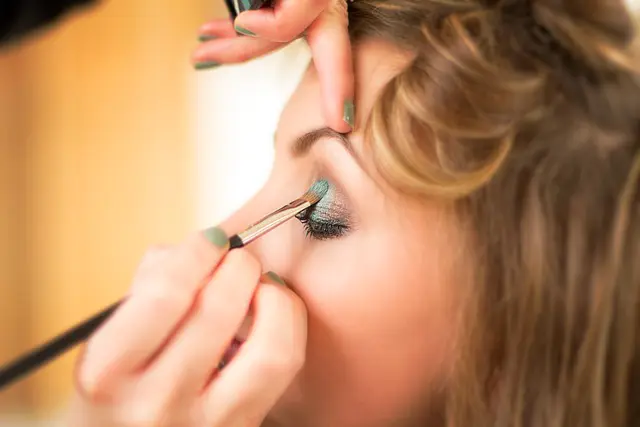The beauty industry is constantly evolving, driven by new trends, technological advancements, and the changing preferences of consumers. Once focused solely on physical appearance, the sector has grown into a multifaceted space where technology, diversity, sustainability, and mental health intersect. Today's beauty landscape is dynamic and engaging, with consumers reimagining what beauty means, expanding its boundaries, and deepening their connection with it.
This piece explores the significant shifts occurring in the beauty industry, from the rise of health-oriented beauty products to the growing demand for environmentally friendly and ethical practices. We will also look at how technology, particularly AI and virtual reality, is influencing consumer-product interactions in the beauty market. Get ready as we embark on the next phase of beauty, one that aims to redefine the status quo.
1. The Growing Integration of Beauty and Health
While beauty was once considered a superficial concern, recent years have seen a significant shift, with more brands combining beauty and health. The focus is now on comprehensive self-care, where beauty is not just about topical treatments but also about a lifestyle that promotes overall health and well-being.
Holistic Beauty Enhancement
Nutraceuticals, or beauty supplements, are becoming increasingly popular as part of the broader health trend. Consumers are realizing that beauty is not just about topical products but also about what they consume. From collagen-boosting powders to vitamin C-rich antioxidants, these supplements have become an essential part of daily routines. Brands are leading the way in this field, offering edible beauty solutions that promise glowing skin, strong nails, and shiny hair.
At the same time, the importance of gut health for skin health is being recognized. Probiotic skincare and supplements targeting the microbiome are gaining popularity. The gut-skin axis has led to the development of microbiome-friendly products aimed at achieving skin balance, reducing issues like acne, inflammation, and signs of aging.
Stress Management and Psychological Well-being in Beauty
As psychological health and stress management become central to discussions on well-being, beauty brands are incorporating wellness into their offerings. Consider calming facial oils with lavender, sleep-promoting face masks, and soothing skincare designed to provide a moment of tranquility amidst chaos.
The beauty routine itself is transforming into a self-care ritual. Practices such as nightly skincare or daily makeup application are reimagined as mindfulness and self-compassion practices. This evolution highlights that beauty is as much about nurturing one's mental health as it is about physical appearance.
2. Clean Beauty: More Than a Trend
Clean beauty has moved from a niche to a mainstream phenomenon. Consumers are increasingly conscious of product ingredients and the ecological impact of the brands they support. As a result, the clean beauty market is thriving, evolving to include sustainability, transparency, and ethical considerations.
Ingredient Disclosure and Security
Transparency is a key aspect of clean beauty, driven by consumer demand. Consumers are more informed about product ingredients than ever before. Brands that are transparent about sourcing, manufacturing, and testing are gaining trust and market share. Ingredients that were once common, like parabens and phthalates, are now under scrutiny. Clean beauty advocates are urging brands to adopt safer, non-toxic alternatives that are just as effective without harmful consequences.
"Clean" goes beyond being chemical-free; it signifies a comprehensive approach to product development—embracing natural ingredients, cruelty-free practices, and ethical sourcing. Brands are increasingly creating sustainable products, pursuing cruelty-free certifications, and ensuring ethical supply chains.
Ecological Practices
Clean beauty is as much about production processes as it is about ingredients. Sustainable packaging is a priority, with companies seeking zero-waste solutions. Brands are introducing refillable containers, glass packaging, and compostable materials to reduce environmental harm. The industry's reliance on plastic is being questioned, with many opting for alternatives or offering refill services to minimize container waste.
Furthermore, ethical sourcing and carbon footprint reduction are becoming critical for beauty companies. Brands are exploring carbon-neutral packaging and renewable energy investments. Consumers are favoring brands that actively contribute to global and societal betterment.
Recent
See All2025-08-09
Discovering the Skincare Advantages of Facial Steamers and Humidifiers
2025-08-09
Embracing Your Natural Radiance Through Self-Care and Healthy Living
2025-08-09
Unlocking the Secrets to Luminous Skin: A Natural Glow Guide
2025-08-09
Anti-Aging Skincare: Separating Hype from Reality
2025-08-09
Harnessing Nutrition for a Radiant Skin: Dietary Choices for a Luminous Appearance
2025-08-09
The Vital Impact of Sleep on Skincare: Elevating Your Beauty Routine
2025-08-09
The Impact of Sleep on Skin Health: Why Quality Slumber is Key to Radiant Skin
2025-08-09
Unveiling the Secrets of Collagen: Benefits, Origins, and Varieties for a Radiant Life
2025-08-09
Embrace the Skincare Power of Green Tea
2025-08-09
The Role of Nutrition in Hair Health: Key Dietary Components for Vibrant Locks
Newsletter
Get life tips delivered directly to your inbox!











